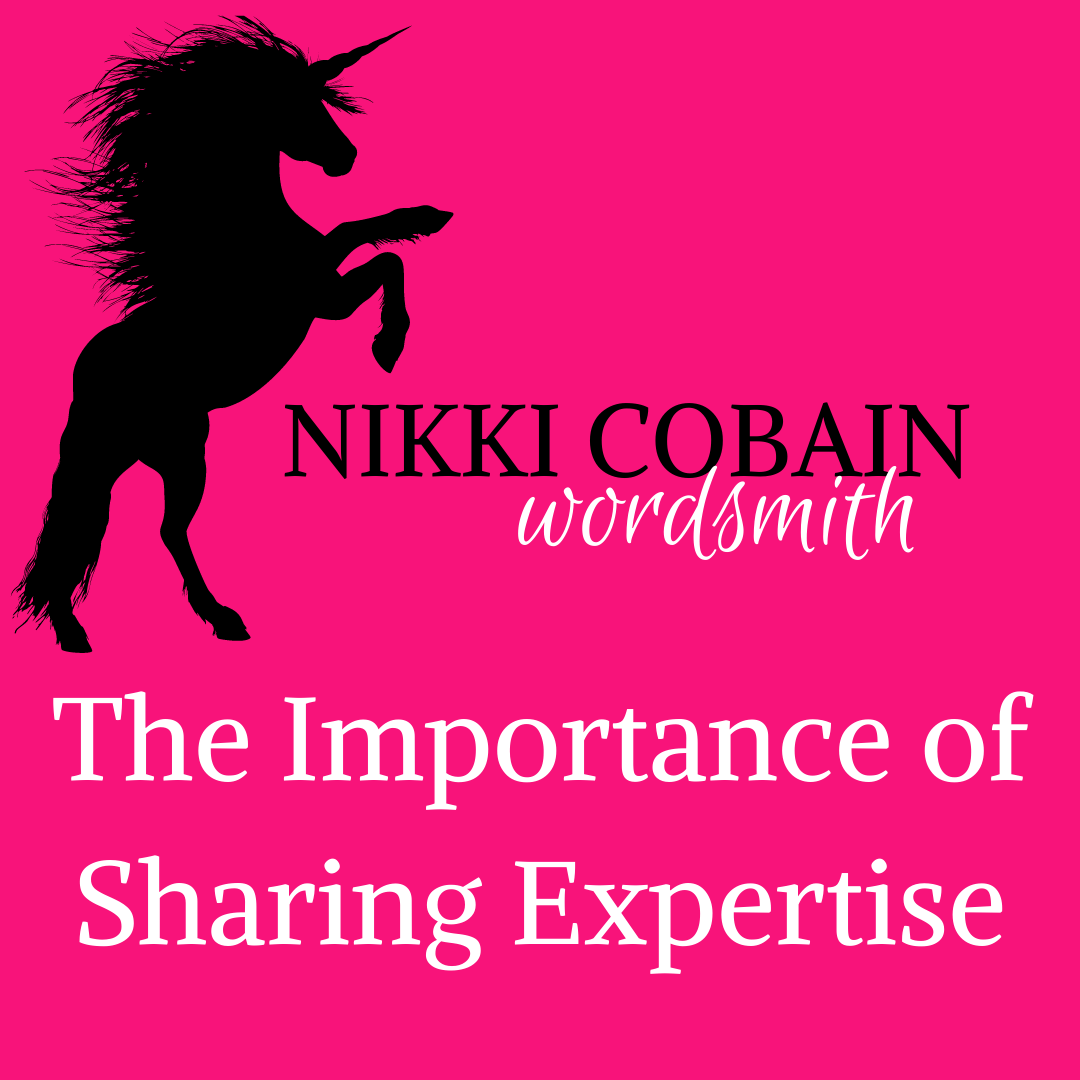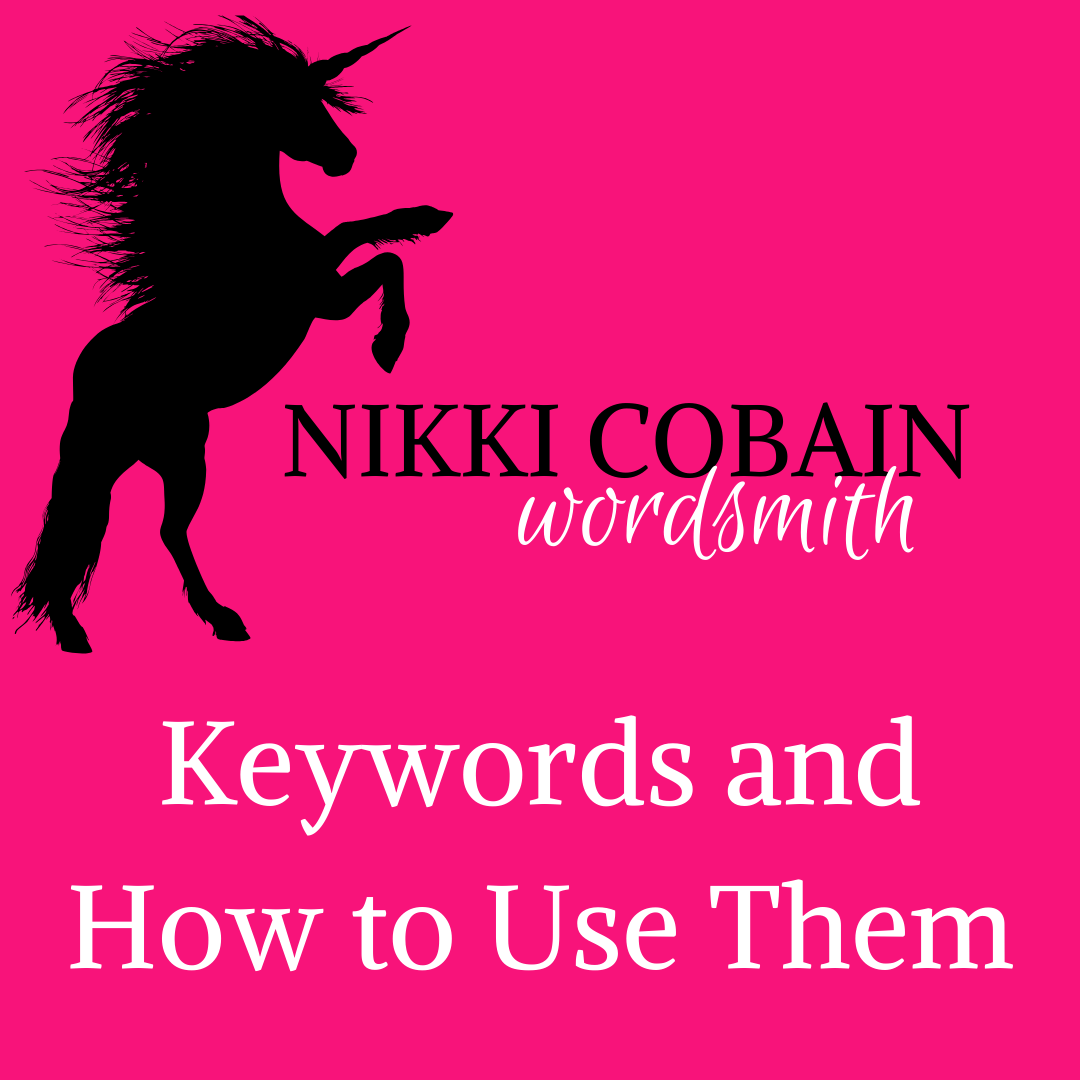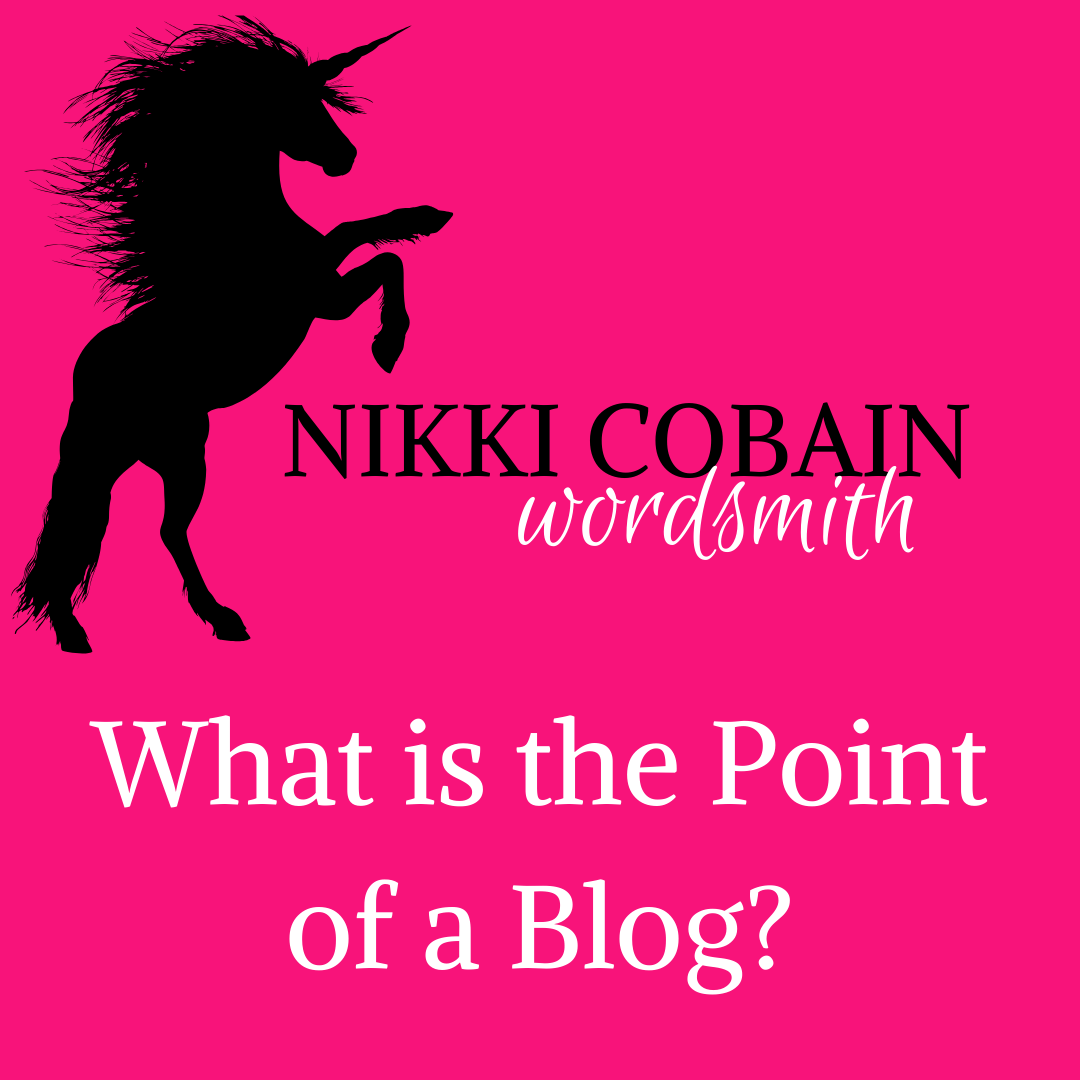Why Do Men Hire Escorts?
Nikki Dale • 11 July 2020
This is an article I wrote earlier this year as a test piece for a Digital Marketing Agency. A bit different from the usual blogs and articles!
I was asked to complete this assignment as an unpaid test piece for a Digital Marketing Agency before the Coronavirus lockdown, and didn't hear anything back. Now, nearly 6 months on, I thought I would share it with you, Dear Reader.
It is estimated that 70% of clients who visit escorts are married, so why do married men visit escorts?
When it comes to thinking about escorts, two main types of women come to mind.
High-class, beautiful, intelligent women hired by the hour to make businessmen look good at corporate meetings or posing as a ‘girlfriend’ at family gatherings. These women are exotic, powerful and charming, witty companions that provide entertainment for rich men (whether they are in a relationship or not).
The second type is the streetwalking, drug-addicted hooker; the woman who will do anything for their next fix. They are controlled by a violent pimp, coerced into providing any sexual service that a ‘john’ could ask for.
However, the women (and men, and transgender people) that engage in sex work have wildly different motivations, rules and expectations of the work they do – so understanding the difference is important.
What is the difference between an escort and a prostitute?
- Escort
An escort can work independently or for an agency. Independent escorts are commonly referred to as ‘call-girls’, traditionally advertising their services in local newspapers and magazines (and, more recently, online). The term came when a phone call was made to arrange services for payment.
Escort Agencies often have a list of escorts of varying ages and appearances. Mostly these are women, but sometimes they are male and transgender – the idea is to appeal to as many potential clients as possible. The escorts are usually presented in a photo gallery, allowing the client to choose the look and personality they are most interested in.
An escort advertises their services as companionship and conversation – they are required to be both attractive and clever; the client is paying to be entertained and they want to have a great time.
Escorts and escort agencies make it clear that sex is not part of the contract that is made between the client and the escort. It is not explicitly advertised; however, if sex does happen, it is through mutual consent and a private conversation and agreement.
- Prostitute
Prostitution, in and of itself, is not illegal. The selling of sexual services for money is perfectly legal in the UK – however, other related activities are regarded as criminal. These include soliciting, owning or managing a brothel, pimping and pandering, and kerb crawling. It is also illegal to purchase sexual services from a person under 18, or one is ‘subject to force’ – i.e. being controlled for the gain of someone else, through coercion or threat.
Prostitutes tend to be less indiscriminate about the types of people that they sell their services to. They offer sex for money – not a relationship, not companionship, and they often don’t spend more time than is necessary for the service to be completed in the company of the ‘john’.
The vilification of prostitution, and the lack of reliable, easily accessible, healthcare available to prostitutes, has been blamed for the widespread transmission of STIs.
What kind of men use escorts?
The biggest stereotype of people that use escorts and prostitutes is that they are men. There are no other ‘types’ that are more likely to engage these services – other than the men tend to be employed (sexual services have a cost, of course), and they are usually educated beyond school level.
Many people think that men who use escorts are lacking something from their own relationships – sex itself, or a fetish. Some men use escorts to provide them with companionship when they are away from home, or on a business trip.
Some men choose to pay for sex because that takes it away from being ‘romantic’ and puts it firmly into the realm of a transaction.
Would decriminalising or legalising sex work make a difference to the way people view sex work?
The legal standing of sex work varies from profession to profession, and from country to country. The sale of sex for money is legal in the UK, but illegal throughout the US (apart from Nevada).
As a profession in the UK, sex work encompasses many different industries, so it is useful to understand what exactly sex work includes.
What is Sex Work?
• Prostitutes
• Escorts/call-girls
• Pornographic models/actors
• Phone Sex workers
• Webcam sex
• Erotic Dancers
Is visiting a sex worker cheating?
In our current societal norm of relationships and marriages being heterosexual and monogamous, the consensus is that sex outside of a marriage or relationship is cheating.
For many women who learn that their partner is ‘playing away’, whether an affair or a one-night stand, it is considered cheating. With the claim that 70% of men who visit escorts are married, it is difficult to align that with current social morality – how could it be considered to be anything but?
In fact, for many women, the idea of paying for sexual service is not only cheating, but a step further. The prostitute who is indiscriminate in who they provide services for may put the wife at risk through the spread of STIs – so the idea that a husband would put their wife through that extra concern is even worse.
Benefits of regulating sex work
In some countries, like Sweden, Norway and Iceland, sex work is not only decriminalised it is also regulated by the government. This so-called Nordic model allows sex workers to sell services in brothels, protecting the workers from the worry of violence. It also allows for taxation – helping these countries to increase their income.
Allowing sex workers the same level of basic human and working rights as any other profession would allow women who are in the industry to not only do the work they choose safely, but also reduce the stigma relating to procuring these services – normalising the transactional nature of providing sexual services for money and reducing the moral outrage that is prevalent.
Feminism and sex work
Although the debate regarding feminism and sex work tends to fall into two very distinct camps – the Radical Feminists who believe that women in sex work are being exploited, and the Liberal Feminists who want to allow women to freely choose sex work (and be protected while doing so), they do agree that prostitution, escorting and other sex work are often subject to coercion – either economic and/or violent, and that authentic consent is indispensable for legitimate sex – whether commercial or not.
- Radical Feminists
Social conservatives and anti-prostitution feminists see prostitution as inherently abusive, a form of sexual control in a patriarchal society. They are inherently disgusted by the idea that these women are being forced to ‘sell their bodies’ – as a radical feminist, all prostitution is coerced. Women who sell sexual services are streetwalkers who sell sex to fund a drug habit, and the men that pay for sex are violent and abusive. In this discourse, no allowances are made for male or transgender sex workers.
- Liberal Feminists
Pro-sex work feminists are likely to believe that women in sex work are making a liberating choice. This allows them to choose to sell a service – in this case sex – that allows them to find a way of life and economic empowerment that has more choice than the traditional, often minimum wage ‘women’s work’. The empowerment that women can gain by choosing to work in this industry allows her to choose her own sexual partners, explore her sexuality and show that they do not belong to anybody but themselves.
Conclusion
The righteous indignation that follows a statement such as “It is estimated that 70% of clients who visit escorts are married” is tied in to the patriarchal, moralistic view that for a woman, sex is the ultimate expression of love. Women are not expected to be sexually liberated, or to use her skills in that area to create opportunities for economic gain. A woman who behaves that way is discriminated against as being deviant, hypersexual and immoral – in fact society believes that she is not a ‘proper woman’.
Criminalisation of sex work of all kinds does not prevent the sale of sexual services. Our social morality leads us to believe that the only relationships we should have are monogamous, and that sexual expression must be constrained to heterosexual norms. The simple fact that sexual transactions still take place despite the stigma and discrimination, shows that there is a market for services that women are taking full advantage of.
As our modern relationship standards grow to encompass new ways of showing love – from homosexuality to polyamory, through asexuality, pansexuality and transgender – the changing sexual landscape will allow for less discrimination and social stigma to be attached to those who provide sexual services for money – and for those who choose to purchase it.
At some point in the future, perhaps purchasing sex will be no different than eating in a restaurant – even if you have wonderful food at home.












